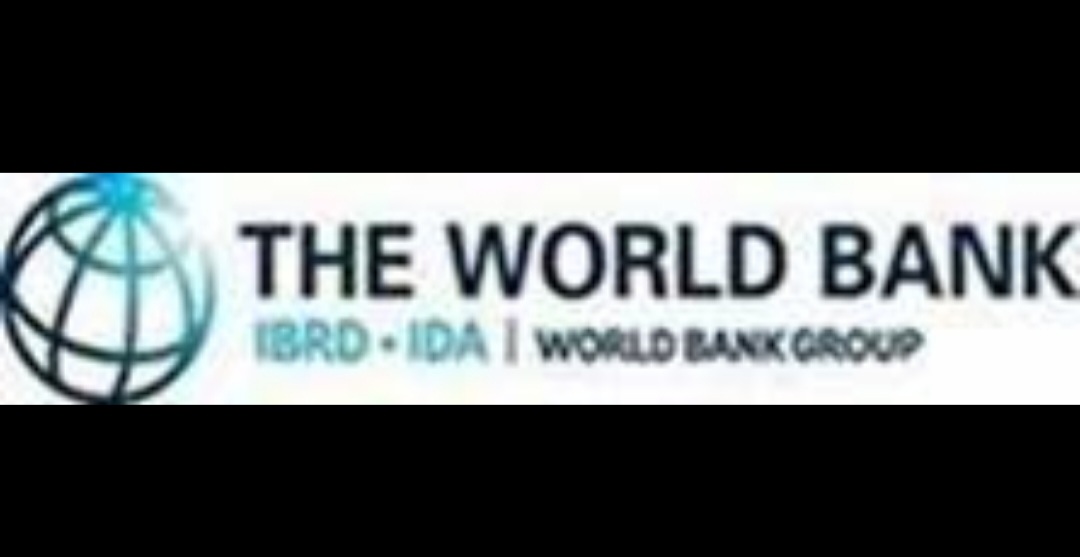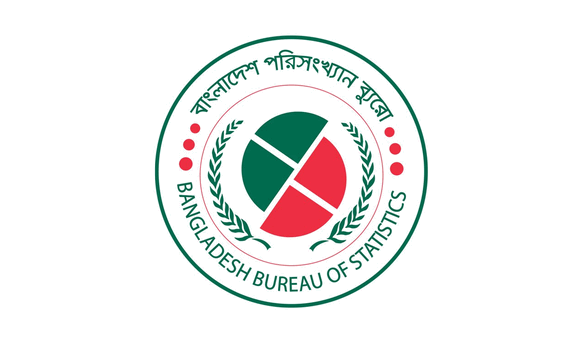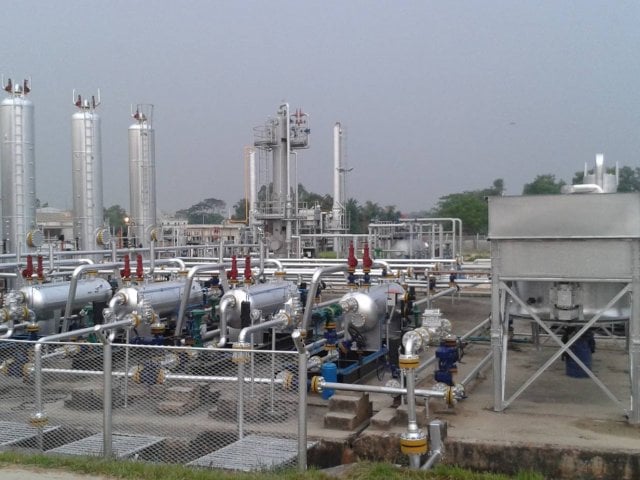
The World Bank has sharply downgraded its economic growth forecast for Bangladesh in the fiscal year 2024-25, projecting GDP growth of just 3.3%, a significant drop from its earlier estimate of 4.1% made in January.
The revision, published in the World Bank’s latest “South Asia Development Update”, cites ongoing political uncertainty, inflationary pressures, and financial sector vulnerabilities as key factors behind the grim outlook. The report warns that the 12-month average inflation rate could reach 10% in FY25.
“This primarily reflects the disruptions arising from last summer’s social unrest and political tensions,” the report states. “It also reflects trade disruptions, persistent inflation, deteriorating banking sector health, governance challenges, and overall uncertainty surrounding the country’s political future—all contributing to a likely decline in investment.”
The World Bank’s projection marks the lowest among recent forecasts by other international financial institutions. The International Monetary Fund (IMF) recently estimated Bangladesh’s growth at 3.8%, while the Asian Development Bank (ADB) predicted 3.9%, both projecting inflation around 10%.
Regional growth weakens amid global uncertainty
The World Bank also expressed concern over South Asia’s broader economic outlook, forecasting regional growth to slow to 5.8% in 2025—down 0.4 percentage points from its October projection. Growth is expected to rebound slightly to 6.1% in 2026, but the report warns that the outlook remains clouded by global instability and domestic vulnerabilities, including limited fiscal space.
Martin Raiser, World Bank Vice President for South Asia, emphasised the need for urgent reforms:
“Multiple shocks over the past decade have left South Asian countries with limited buffers to withstand an increasingly challenging global environment,” he said. “Now is the time to open up to trade, modernize agriculture, and boost private sector dynamism to drive growth and job creation.”
The report urges countries in the region to ramp up domestic revenue mobilisation to strengthen fiscal resilience and better prepare for future economic shocks.








